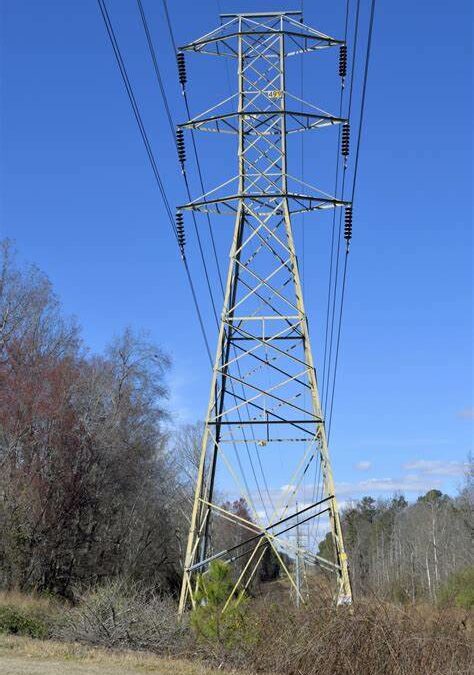In so many of the registered manager forums all of the talk is about utilities. Some of this is about the cost of electric and gas while other managers are starting to get concerned about issues relating to the potential for winter power cuts.
electric and gas while other managers are starting to get concerned about issues relating to the potential for winter power cuts.
There is a lot to think about in the care home setting especially when it comes to being prepared for power cuts. In the domestic setting power cuts disrupt the activities of daily living badly enough, but in the care setting a power cut will do that plus have an impact on the safe delivery of care.
It is for this reason that managers should have a business continuity, or contingency, policy and plan in place. http://www.careis.net offers such a policy in its policy suite, so do talk to us about your policy needs.
It is certainly worth looking at the advice from the national grid about what to do during power cuts, https://www.nationalgrid.co.uk/power-cut-information/power-cut-advice, and ensuring that staff have also seen it. You might also be able to sign up to a text service which alerts you about power cuts and how long they are likely to last, find your network supplier here: https://www.ukpowernetworks.co.uk/about-us/areas-we-cover#itop.
Here are some ideas about being prepared for a possible power cut in the care home setting:
- Ensure your fire safe lights have been serviced and that they are hol
 ding a good amount of charge. If not, have the batteries renewed.
ding a good amount of charge. If not, have the batteries renewed. - Buy some rechargeable lights and leave them on charge, in an accessible place, so they are ready if the lights go out.
- Get your chimney swept, so if you want to have a fire as an alternative source of heat, you can.
- Check what your telephones run on. If they are voice over internet, they will go down if the electricity goes off, so consider having a mobile phone in the home (check it gets coverage). If you use handheld conventional phones, make sure you have at least one plug in phone which uses the charge from the telephone wire to work and is likely to stay live even during power cuts.
- Think about issues such as access to hot drinks – consider a gas bottle cooker ring and thermos flasks.
- Consider alternative menus such as nutritious sandwich options or where you might get fish and chips for residents if the kitchen is put out of order by the power cut.
 You may need to think about issues such as fire safety if the power cut goes on and introduce staff fire rounds if the alarm system is put out of order by prolonged power cuts.
You may need to think about issues such as fire safety if the power cut goes on and introduce staff fire rounds if the alarm system is put out of order by prolonged power cuts.- Staff should get into good habits with recharging batteries for mobile devices like hoists and the like and you may need to ensure these are available on each floor of a home especially if you rely on lifts to move them. Once a power cut hits, it is too late.
- Air mattresses can be tricky to manage in a prolonged power cut scenario, and staff need to be drilled in how to connect the hoses together to retain inflation or in how to change to a normal mattress in extreme circumstances.
- If you are fortunate enough to be set up for it, generators, either in house or hired in, can be a lifeline during a power cut. It is often worth having a contract with a mobile generator supplier for just such contingencies because generator power may be used to power essential equipment like air mattresses and oxygen concentrators as well as lighting and heating. You should have your electric system reviewed by an electrician, who may be able to fit a feed point for use during power cuts.
- Don’t forget to check what happens to your magnetic lock doors and how long you have before they run out of charge.
- If you use an electronic care planning system, you may want to ensure care staff keep your mobile devices charged so this can continue while the wifi is down. CAREis, for example, can be uploaded once power is restored without a loss of data.
Power cuts in the care setting can add to the workload of staff and so managers need to consider staffing levels at times when they know power cuts might hit. This might mean bringing in more staff or redeploying some staff from back office and support role to roles which directly support service user care.
The key to good contingency planning is preparation, this is as true when it comes to planning for power cuts as it is at any other time. As we approach the darkest days of winter and in this time of heightened concerns about strikes and power cuts etc., the registered manager need to take some time to review and update any contingency plans they might have in place.
